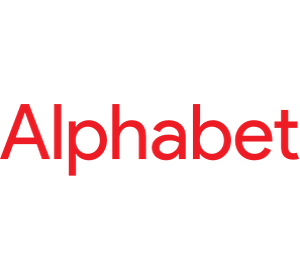$GOOGL $AAPL $MSFT
#Google #Gemini #AI #AIAssistant #iOS #TechStocks #GOOGL #Apple #Microsoft #Chatbot #ArtificialIntelligence #StockMarket
Google has removed its AI assistant, Gemini, from the main Google app on iOS, requiring users to download the standalone Gemini app to access its chatbot functionalities. This shift marks a significant change in Google’s AI integration strategy on Apple’s platform, potentially altering user behavior and engagement with AI-powered tools. By making Gemini a separate entity, Google might be attempting to push for greater adoption of its dedicated AI application rather than positioning it as an integrated feature within the broader Google ecosystem. This move could also indicate Google’s ambitions to establish a more independent AI ecosystem to compete with OpenAI’s ChatGPT and Microsoft’s Copilot.
For investors, this development raises important questions about Google’s broader AI strategy and how it impacts the company’s competitive positioning in the evolving artificial intelligence market. Alphabet ($GOOGL) has heavily invested in AI, viewing it as a core part of its business strategy alongside search and cloud computing. However, its approach to integrating and monetizing AI-powered solutions remains a critical focus for analysts and shareholders. The decision to move Gemini out of the main iOS app could be seen as an attempt to differentiate its AI offerings, making it a standalone brand rather than a subsidiary feature of Google Search. The impact on user engagement and adoption rates will be key factors in determining whether this move enhances Gemini’s market presence or creates friction for existing users.
Apple ($AAPL) also plays a crucial role in this equation, given its control over the iOS ecosystem. The separation of Gemini from the main Google app could be influenced by Apple’s App Store policies or potential future developments in AI integration within Apple’s own ecosystem. With Apple rumored to enhance its AI-powered capabilities through iOS updates or partnerships, Google may be preemptively positioning Gemini to operate independently, ensuring greater flexibility in its updates and functionality without being as tightly bound to Apple’s ecosystem constraints. This highlights the ongoing competitive tension between the two tech giants as they work to define their AI strategies within the mobile market.
For the broader tech sector, including companies like Microsoft ($MSFT), this shift underscores the increasing importance of standalone AI applications as a key differentiator in the market. Microsoft has taken a similar approach with its Copilot AI, integrating it deeply within its ecosystem while also offering standalone accessibility. The success or failure of Google’s decision to separate Gemini from its main app may serve as an indicator of whether standalone AI applications are a more effective approach than integration within existing platforms. With AI continuing to shape the competitive landscape, investors will be closely watching Alphabet’s strategy and how it impacts user adoption, engagement, and ultimately, revenue growth.











Comments are closed.